English is a beautiful language (all languages are beautiful in their unique ways). While English is relatively easy to learn compared to other languages, some of these hard words to spell can surprise you. There are combinations of words and sounds that don’t seem to make sense.
These challenging words to spell often comes from the way the words sound when spoken (the pronunciation) and the way it’s written. In addition, two words can have pure linguistic coincidence, like “sacrilege’ and “sacrilegious.” We may think words have similar meanings because of how similar they sound (often referred to as a homonym or homophone), but they can differ drastically.
We’re going to break down the tough words to spell in the English language and why they’re challenging to spell…
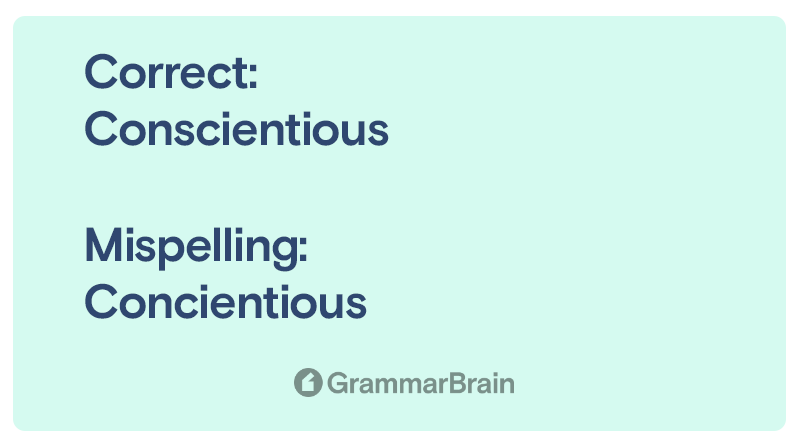
Very Hard Words to Spell
These words can be found as the final word of every spelling bee from 1953 to 2004. They are highly challenging words to spell:
Milieu
Definition: the physical or social setting in which something occurs or develops; environment, setting.
Smaragdine
Definition: of or relating to emerald or yellowish green in color (like an emerald diamond).
Soubrette
Definition: a lady’s maid in comedies who acts the part of a coquettish maidservant or a frivolous young woman.
Albumen
Definition: the white of an egg.
Eudaemonic
Definition: producing happiness. Based on the idea of happiness as the proper end of conduct.
Chiaroscurist
Definition: an artist who uses the arrangement or treatment of the light and dark parts in a pictorial work of art.
Autochthonous
Definition: indigenous, native, aboriginal—used especially of floras and faunas.
Insouciant
Definition: exhibiting or characterized by freedom from concern or care.
Staphylococci
Definition: a genus of non-motile spherical eubacteria that occur singly, in pairs or tetrads, and comprise a few parasites of skin and mucous membranes.
Foulard
Definition: a lightweight plain-woven or twilled silk usually printed with a small neat, evenly spaced pattern.
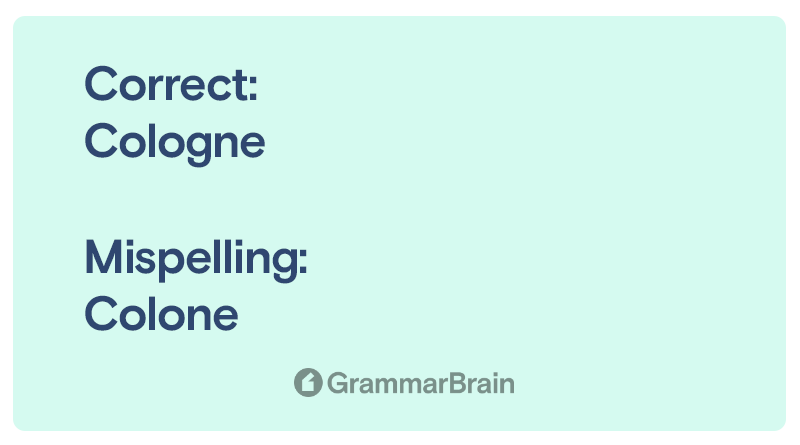
Commonly Hard Words to Spell
Most English spelling mistakes come from how the word is pronounced compared to the way the word is spelled. For example, in the word “onomatopoeia,” half the letters in this word are not pronounced aloud. We only hear the “pia” letter combination in the way it sounds.
Or for example, there is no such word as “dialate,” although it sounds precisely like dilate (referring to the way that optometrists may dilate someone’s eyes before an exam).
Let’s jump into these commonly misspelled words and why they get confused.
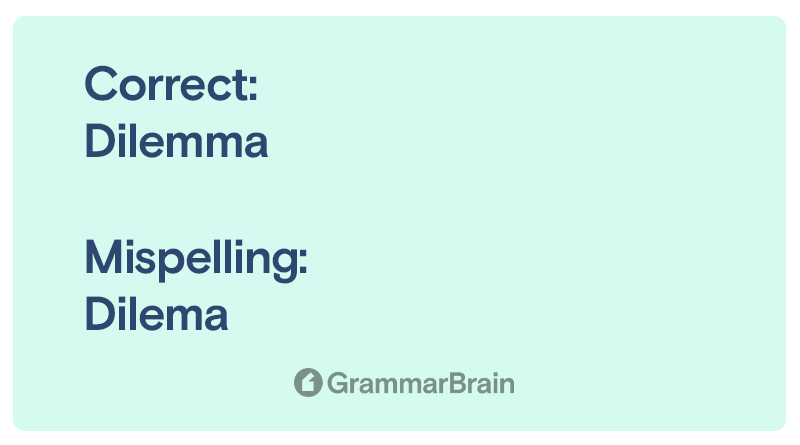
Irregardless:
This adverb refers to something irrefutable. Although it can mean “not regardless” due to its double negative in the prefix “ir” which means “no” and “less” which means “less.” The word is a variation of “regardless,” which means “without regard.” Pronounced: ir-i-gahrd-lis.
Fun fact: irregardless is a real word.
Ironic:
The “ironic” thing about this word is that its meaning is as broad as it is picturesque. A coincidence or strange turn of events does not cover all its meanings. But unlike sarcasm, irony does not seek to hurt. Rather, it’s simply a product of the world we live in. Pronounced: ahy-ron-ik.
Rhythm:
The word “rhythm” in English does not have any vowels. The way the word sounds and the way it is written is entirely different. The only letter that sounds like a vowel is the “y,” pronounced more or less like a Latin “i” and ending up as “ri-thm”.
Another reason why this is hard to spell is that it begins with the letter “r,” but it is pronounced with a soft “r” letter. Separate the word into syllables, emphasize the first syllable and drop the sound in the rest. It will make spelling easier.
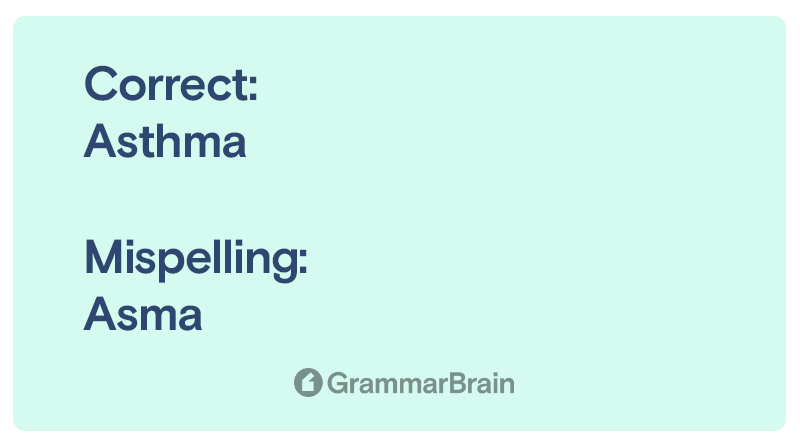
Nonplussed:
Which means “disconcerted.” Pronunciation: non-pluhs
Colonel:
Often confused as colonial (like the style of home).
The pronunciation resembles something like the computer term “kernel.” Similar to other military terms, the word “lieutenant” (“lieutenant”) [terms imported from French], is also complicated if you haven’t heard it. Pronounced “loo-ten-ent.”
Scissors:
A unique word in English contains a set of “sc” letters. This will confuse the Latin or Spanish-speaking communities the most.
New English speakers and writers mistakenly intuit that letter combinations like “sk” “sz” sound are pronounced the way they are written.
For Spanish speakers, this can be not very clear. For comparisons, practice with other Spanish words like ciencia – science (“si-ens”), escena – scene (“s-in”), or perfume – scent (“s-ent”).
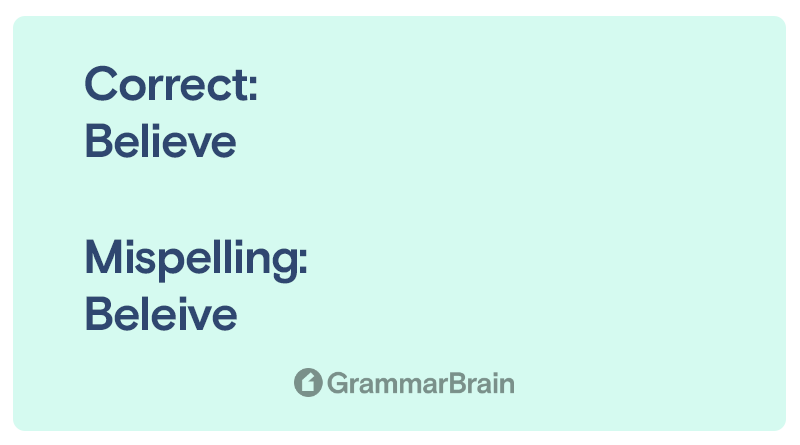
Handkerchief:
A piece of cloth that is used dry the sweat that beads from a forehead. Or to use to sneeze into.
In this word, the “d” is not pronounced. Often creating spelling confusion. Pronunciation: han-ker-chief
Disinterested:
Meaning not to be interested in something. Often difficult to spell due to the question of whether the word receives two “s” letters or one. Pronunciation: dis-in-tuh-res-tid.
Enormity:
Often used to something that is “enormous.” Due to its similarity to “enormous,” although the true meaning behind it is to refer to something “extremely evil.” Its pronunciation is: ih-nawr-mi-tee.
Unabashed:
A word that previously originated from ‘abash’. It’s now used with the negative prefix ‘un’ and refers to a ‘cheeky’ person (a funny or odd person).
The base word “abash” fell out of use long ago. Today it is used with the negative prefix “un” to refer to an “unabashed” or “unashamed” person. Pronounced: uhn-uh-basht.
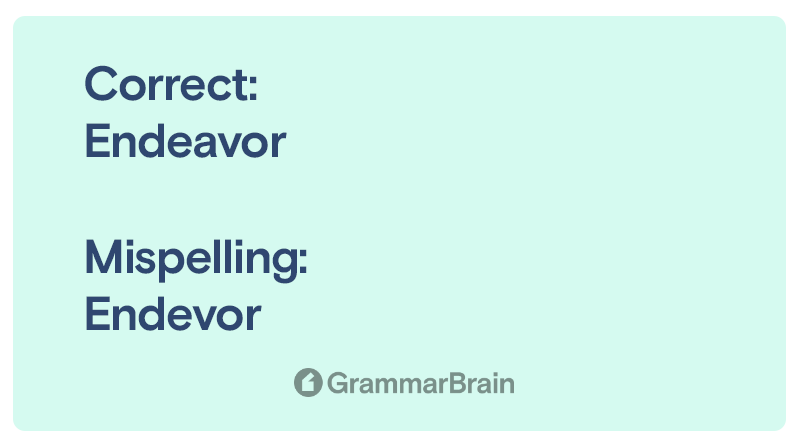
Literally:
The word “literal” is often misused. In today’s standard, it’s somewhat of a slang term. Used to provide emphasis around “truth.” The difficulty in spelling comes from the way the word sounds: lit-er-uh-lee.
Arctic:
The word sounds like it would have “k” letters rather than “c” letters. A commonly misspelled word because of the double “c” letters in the spelling.
Acknowledge:
A larger word that has spelling difficulty because of the “ack” sound and spelling. The way it sounds is more like “ak” rather than with the “c” letter. Pronunciation: ak-nol`-ij
Squirrel:
As adorable as these little rodents may seem, they’re not as adorable when trying to spell them. Between the “q” and the “double r”, it creates confusion about the correct spelling. It would sound more like a “sqwuirrel” with a “w” letter. Pronunciation: “skwi-ruhl”
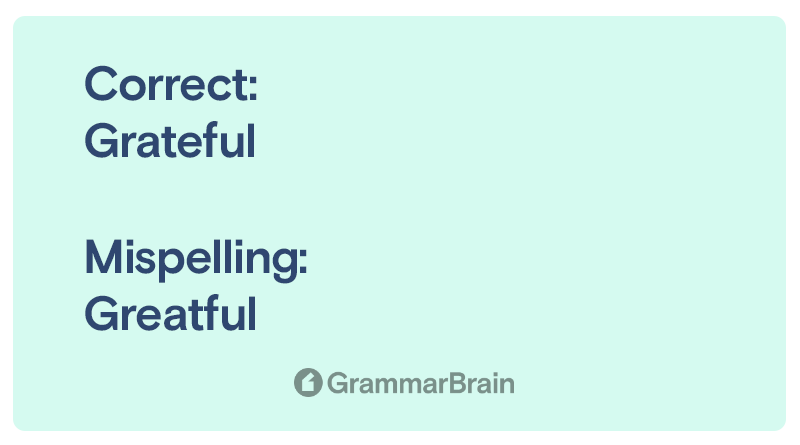
Obviously:
The challenge with this word is once again, in the way the letters of the word sound and are written. The “b” letter is silent. Making the word challenging to write when translating from spoken English to written English. Pronunciation: abviesli.
Awesome:
The world would this word would have a “u” letter in it. Misspelled as “awsum.” This expression is typically used to refer to something great or good. Pronunciation: ausm.
Intelligence:
Why is it one of the most complex words to write in English? Many people omit the second ‘l’ of this ubiquitous word. The same goes with words like ‘accommodation’ or ‘necessary.’
These are some of the most commonly misspelled words due to their double letters and combination of double letter sounds.
Queue:
Very similar to the word ‘Rhythm.’ The word ‘Queue’ leaves a lot of letters, in the pronunciation, of the word omitted.
Sounding more like “cue” or “cueue.” The word “queue,” or in its verb form (still “queue”), refers to something that is in line—or waiting.
Here’s a tip for spelling it: remember “kyuu,” and pronounce it all in one syllable. This word is used more in British English rather than in American English. To say “row” in American English, use “line.”
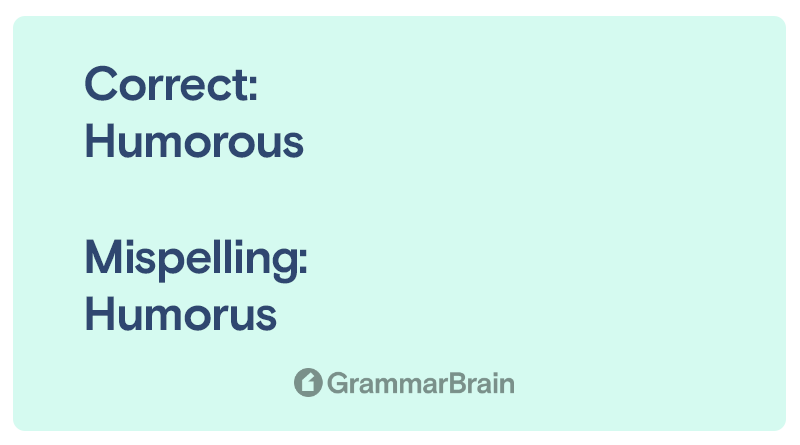
Psychiatrist:
A hard word to spell because of the ‘p’ letter followed by the ‘s’ letter and the ‘y’ letter combination. Referring to a medical professional who diagnoses mental health, the silent letters in this word make it challenging to spell.
Mischievous:
The word itself sounds like a tongue twister. To remember how to spell this word, break down each syllable: mis – chie – vous. It gets easier to spell correctly when broken into three parts.
Gobbledygook:
Gobbledygook has the closest translation to “nonsense.” It refers to words that are difficult to understand. Or can sometimes relate to the word “gibberish.” Pronunciation: go-bel-di-guk
Yarborough:
Used in the game of Bridge. This means a hand of cards where none are worth more than 9.
Lieutenant:
Another word used in war movies, the military, and even firefighter or paramedic teams is “lieutenant.” Pronunciation: lu-ten-ənt.
Schedule:
It means ‘program’ or ‘schedule’. Similar to a calendar. Its British pronunciation does not follow the same choir pattern for the “ch”: she-diul, while in American English, it is a given: “s-que-diul”
Worcestershire:
Worcestershire is a region of England renowned for its famous Worcestershire sauce. It is the name of a US county, so it does not have a specific meaning. This difficult word has nearly no connection with how it is written compared to how it is pronounced.
Weird:
When something seems strange, we use the word “weird.” A very similar meaning to the word ‘strange.’ We may presume it is spelled by saying “wird.” Pronunciation: wi-erd.
Available:
In English, there are differences when it comes to pronouncing “b” and “v.” Native English spellers and speakers might not find this word challenging, although Spanish speakers are going to have a more difficult time.
To correctly pronounce the “v” in the word “available,” make the “b” sound by placing your teeth on top of your lip, as if it were an “f” and do not pronounce the third “a”: “uh-vay-luh-bl”.
Otolaryngologist:
A very long medical term. Most medical terms are difficult to spell. When trying to break them down into multiple syllables and parts, it is far easier to spell them. For example: (“oto”, “rhino,” “laryng,” “-ologist”).
Anemone:
When consonants are pronounced and written alike, we often interchange phonemes incorrectly. The way the word “Anemone” is often misspelled as: “amenone,” “annemon,” and “ammenon.”
Isthmus:
An example where alveolar consonant joins another interdental one. Similar to “anemone,” it’s best to break down the word into multiple syllables and memorize their unusual spelling.
Choir:
A difficult word to spell simply because it sounds like it would have a “q” letter in the word. Remember Leonard Cohen’s song, “Bird on a wire,” and his first verse: “Like a bird on a wire, like a drunk in some old midnight choir.”
Embarrassed:
The double “r” and double “ss” are what creates the confusion. Typically, a writer would miss one of the double letters.
Accommodate:
Double-letter words like “necessary,” “embarrassing,” and “millennium” can get complicated to memorize.
For example, the word “accommodate” adheres to a different rule than the word “recommend,” another term where the c’s and m’s. It doesn’t make a lot of sense!
Simply put, the word “accommodate” has two consonants, and “recommend” only has one. Why? We’re not sure.
Not to mention that the second “o” in the word “accommodate” doesn’t actually produce the “o” letter sound. It’s easier to picture the word with an “a” or an “e” letter sound.
Other difficult words to spell for adults
- Abacaxi
- Abscess
- Acknowledgment
- Acquiesce
- Advocaat
- Aitch
- Ascent
- Asthma
- Atlatl
- Autochthonous
- Believe
- Bhagavata
- Bobbejaan
- Bureaucracy
- Champagne
- Changeable
- Chhatri
- Cnemidocoptes
- Collegiate
- Colloquial
- Cologne
- Cologne
- Concerted
- Connoisseur
- Conscience
- Conscientious
- Conscious
- Couroisie
- Crwth
- Dilemma
- Discipline
- Efficacy
- Eguiite
- Eloquent
- Embarrass
- Embezzlement
- Endeavor
- Entrepreneur
- Evanescent
- Exacerbate
- Extraneous
- Fallacious
- Gist
- Grateful
- Handkerchief
- Harass
- Hierarchy
- Hippopotamus
- Humorous
- Immediate
- Indispensable
- Inoculate
- Judgment
- Khedive
- Liaison
- Maintenance
- Maneuver
- Memento
- Miniature
- Mischievous
- Misspell
- Mlechchha
- Narcissistic
- Necessary
- Noticeable
- Occasionally
- Paradigm
- Parallel
- Pastime
- Pneumonia
- Privileged
- Questionnaire
- Referred
- Resuscitate
- Rhythm
- Sergeant
- Surveillance
- Threshold
- Troupe
- Twelfth
- Ubiquitous
- Vacuum
- Vengeance
- Vicarious
- Weather
Inside this article
Fact checked:
Content is rigorously reviewed by a team of qualified and experienced fact checkers. Fact checkers review articles for factual accuracy, relevance, and timeliness. Learn more.
Core lessons
Glossary
- Abstract Noun
- Accusative Case
- Anecdote
- Antonym
- Active Sentence
- Adverb
- Adjective
- Allegory
- Alliteration
- Adjective Clause
- Adjective Phrase
- Ampersand
- Anastrophe
- Adverbial Clause
- Appositive Phrase
- Clause
- Compound Adjective
- Complex Sentence
- Compound Words
- Compound Predicate
- Common Noun
- Comparative Adjective
- Comparative and Superlative
- Compound Noun
- Compound Subject
- Compound Sentence
- Copular Verb
- Collective Noun
- Colloquialism
- Conciseness
- Consonance
- Conditional
- Concrete Noun
- Conjunction
- Conjugation
- Conditional Sentence
- Comma Splice
- Correlative Conjunction
- Coordinating Conjunction
- Coordinate Adjective
- Cumulative Adjective
- Dative Case
- Determiner
- Declarative Sentence
- Declarative Statement
- Direct Object Pronoun
- Direct Object
- Diction
- Diphthong
- Dangling Modifier
- Demonstrative Pronoun
- Demonstrative Adjective
- Direct Characterization
- Definite Article
- Doublespeak
- False Dilemma Fallacy
- Future Perfect Progressive
- Future Simple
- Future Perfect Continuous
- Future Perfect
- First Conditional
- Irregular Adjective
- Irregular Verb
- Imperative Sentence
- Indefinite Article
- Intransitive Verb
- Introductory Phrase
- Indefinite Pronoun
- Indirect Characterization
- Interrogative Sentence
- Intensive Pronoun
- Inanimate Object
- Indefinite Tense
- Infinitive Phrase
- Interjection
- Intensifier
- Infinitive
- Indicative Mood
- Participle
- Parallelism
- Prepositional Phrase
- Past Simple Tense
- Past Continuous Tense
- Past Perfect Tense
- Past Progressive Tense
- Present Simple Tense
- Present Perfect Tense
- Personal Pronoun
- Personification
- Persuasive Writing
- Parallel Structure
- Phrasal Verb
- Predicate Adjective
- Predicate Nominative
- Phonetic Language
- Plural Noun
- Punctuation
- Punctuation Marks
- Preposition
- Preposition of Place
- Parts of Speech
- Possessive Adjective
- Possessive Determiner
- Possessive Case
- Possessive Noun
- Proper Adjective
- Proper Noun
- Present Participle
- Prefix
- Predicate



